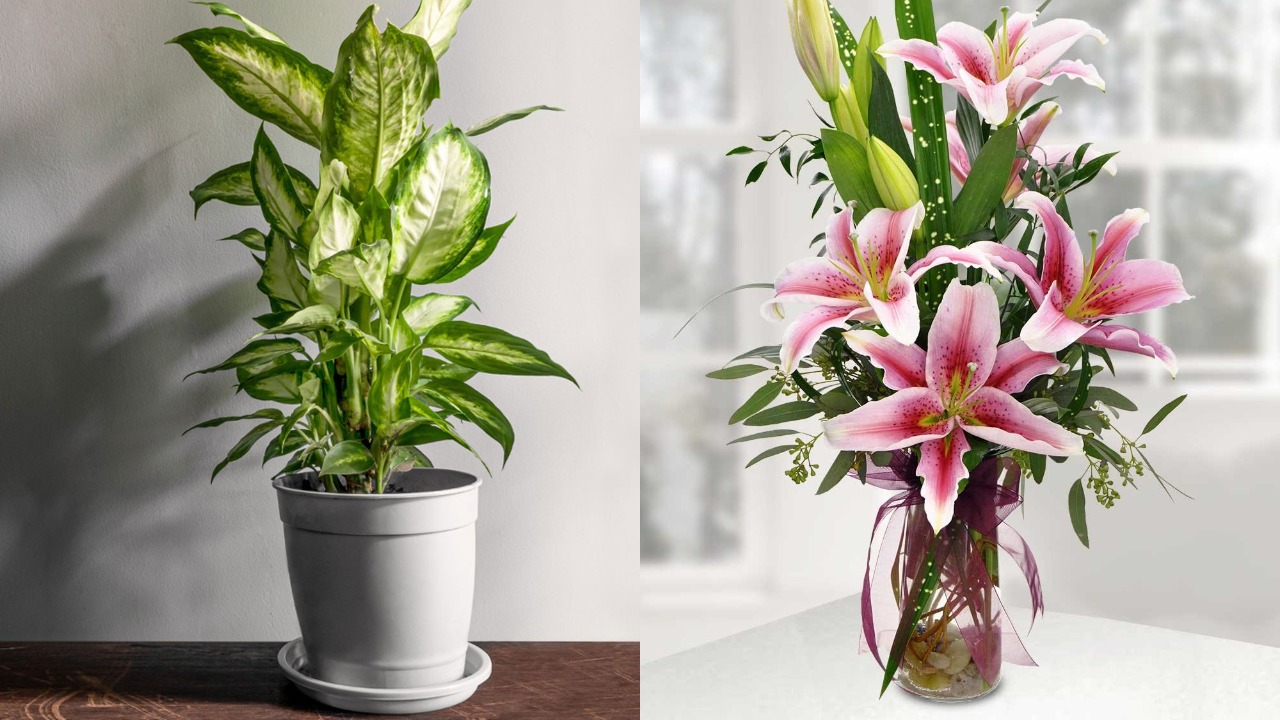
There are indoor and outdoor plants that are poisonous to pets as beautiful and decorative as they are. Get to know them and be careful where you put them if you have pets at home. Below here is a brief explanation of the topic. Check out and be careful with your pets.
1. Ricin
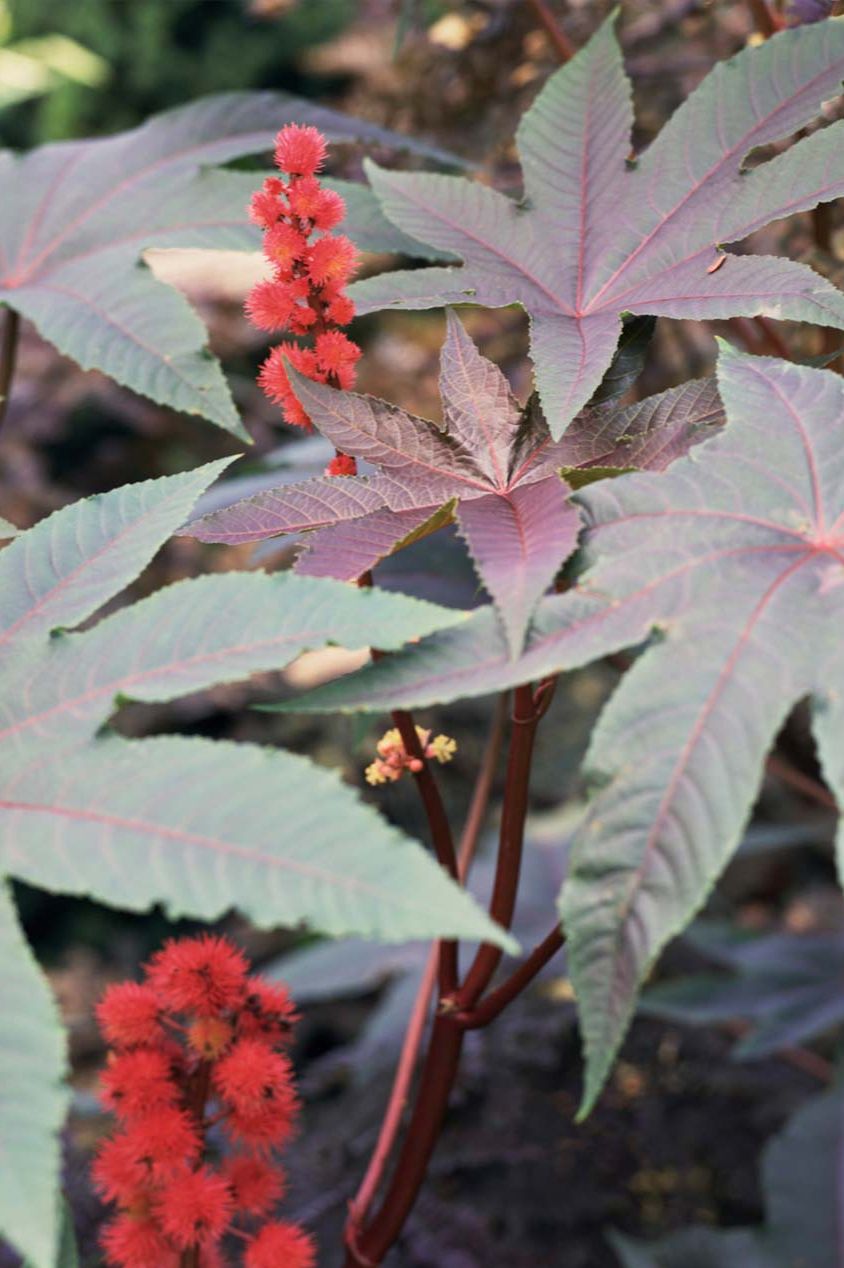
Ricin is a widespread plant at home and outdoors. According to the Guinness World Records ranking, it is known as ricin and is one of the most poisonous plants in the world. If eaten, its leaves and seeds can kill humans, cats, dogs, rabbits, and many other animals.
2. Alocasia or Elephant Ear
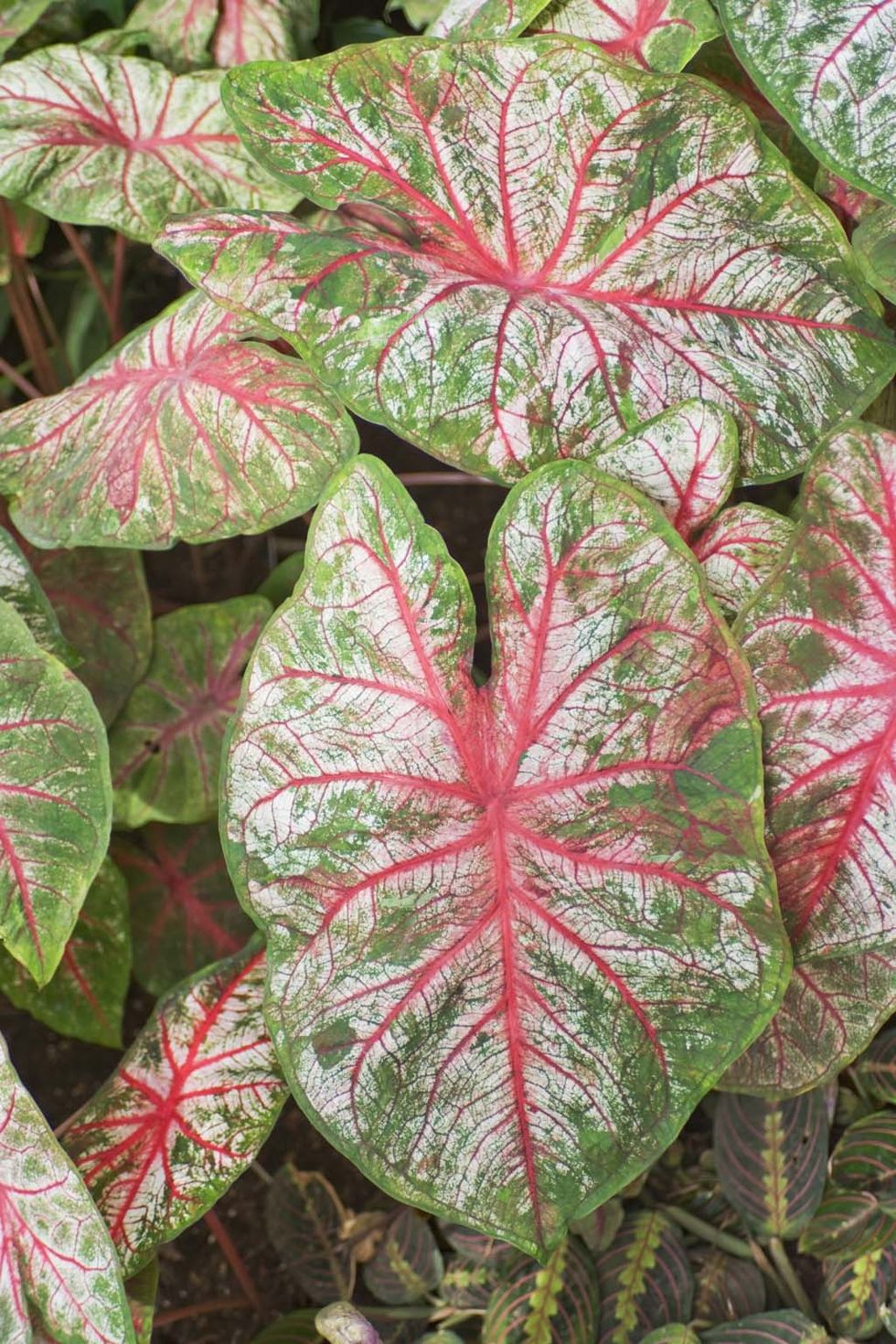
If your pet chews on any part of this plant, it could end up with life-threatening symptoms such as difficulty breathing or swallowing. This houseplant is also the fourth most exposed poisonous species for humans.
3. Lilies
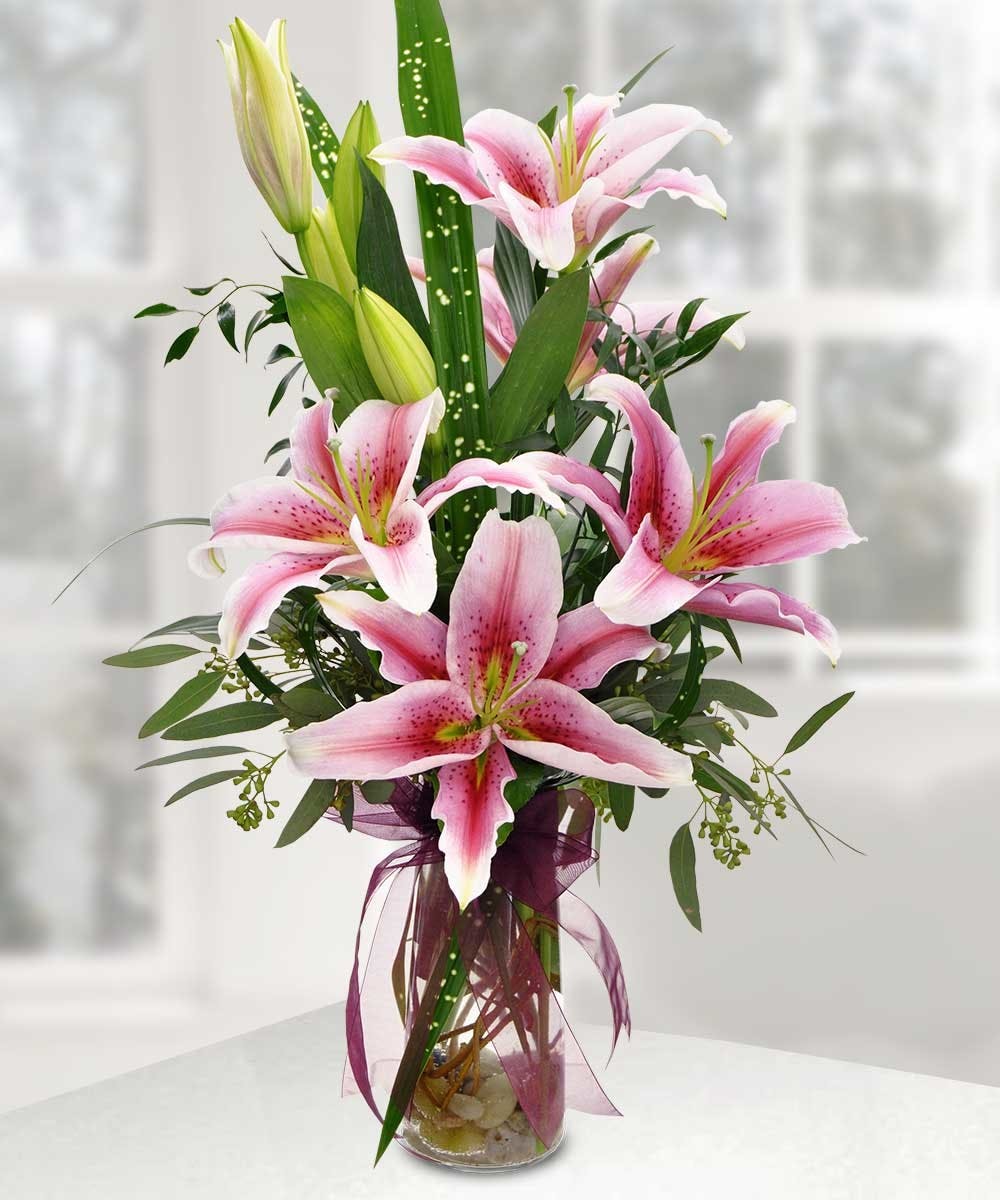
Do not bring these typical Easter flowers to your cats. Ingesting a small number of lilies can lead to death from kidney failure in felines. If your cat has eaten it, seek a vet urgently. It has a 100% mortality rate due to its toxicity if not treated within 18 hours.
4. Dieffenbachia
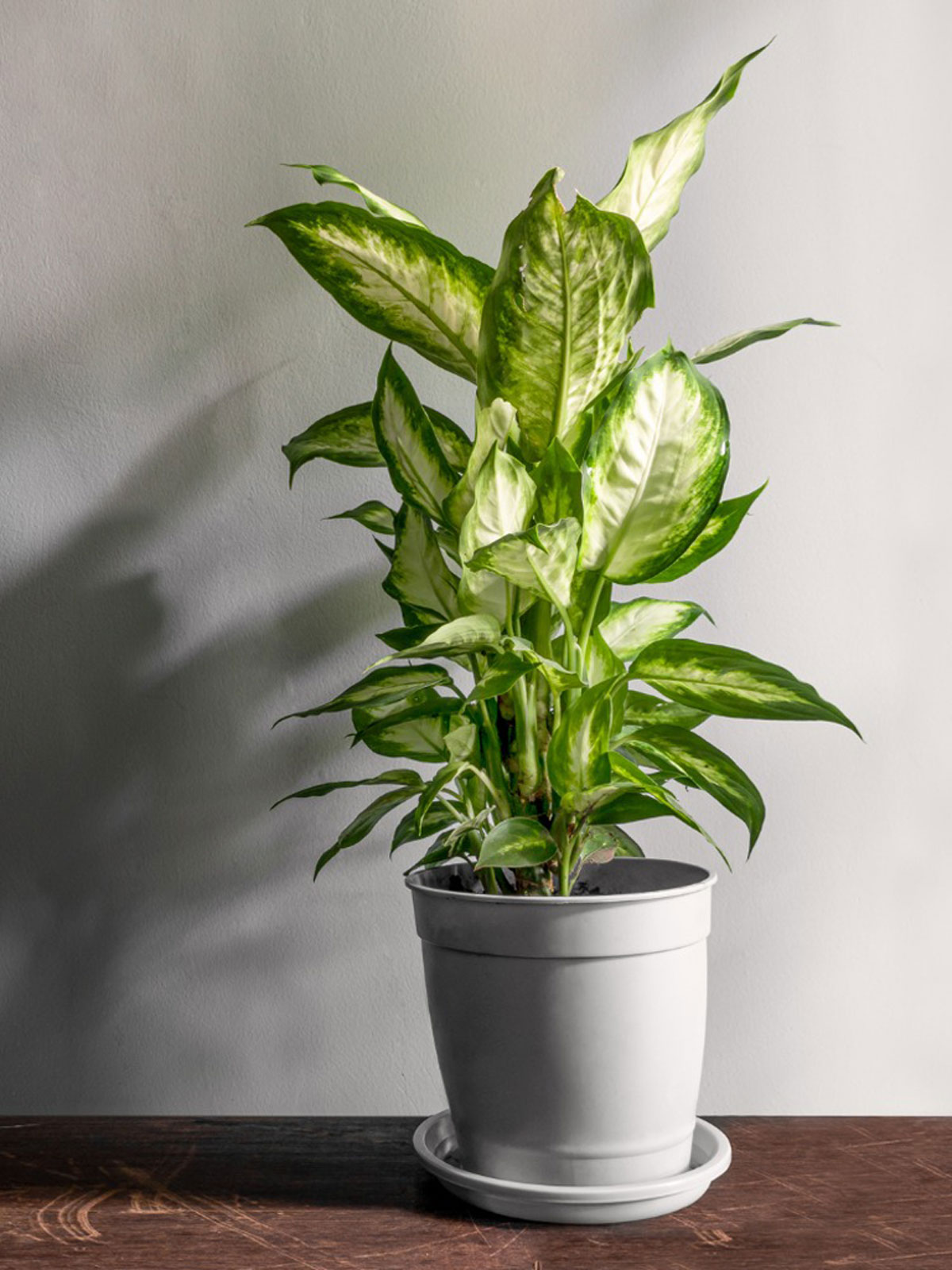
Although Dieffenbachia is rarely fatal, it can damage animals and humans’ airways, swelling and preventing them from breathing. It can cause skin irritation and, if it comes into contact with the eyes, cause corneal damage.
5. Indian Liquorice
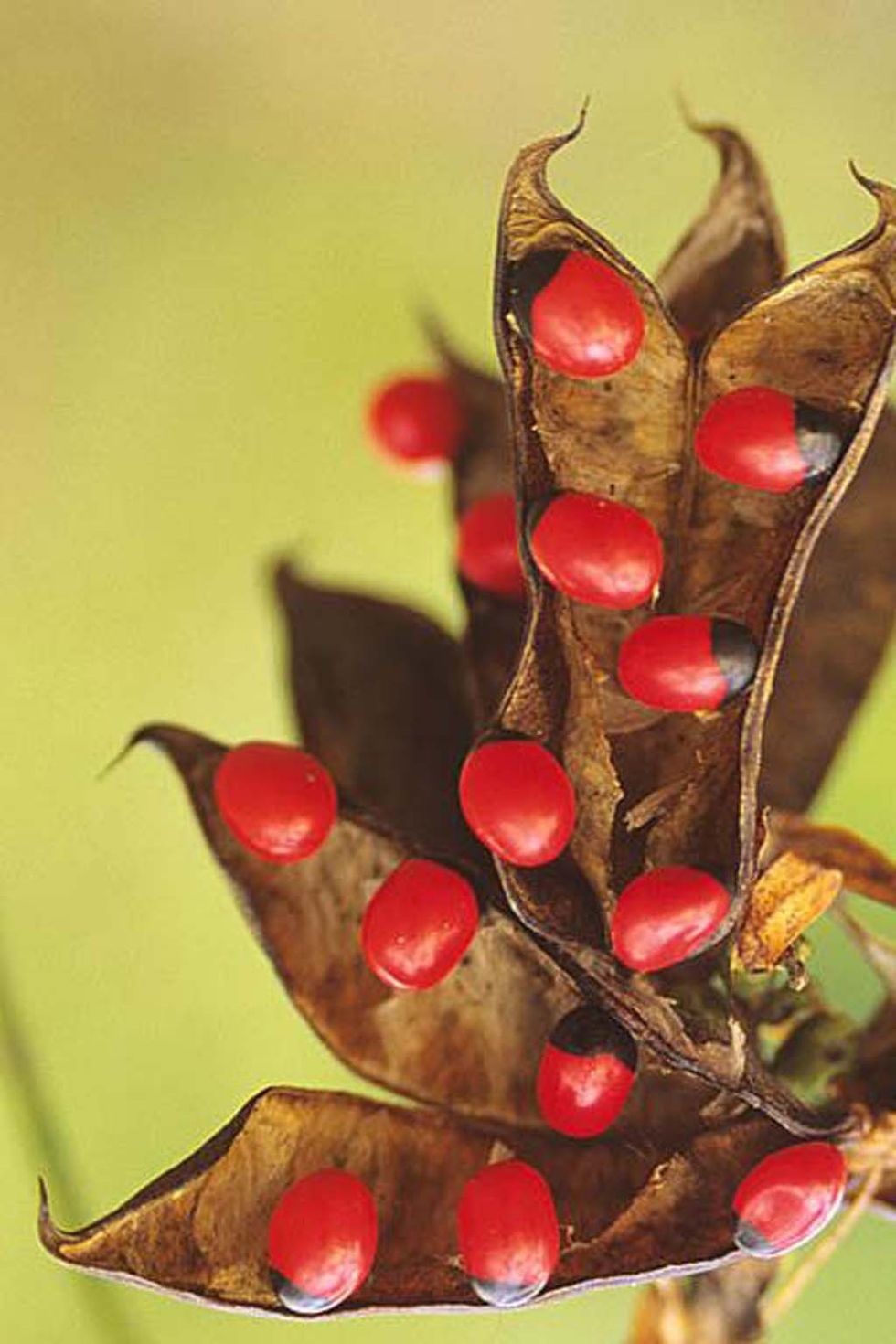
Also called Prayer Bead or Buddhist Rosary. This outdoor plant has abrin, one of the most powerful toxins on the planet. Just one of its peas can cause death. Beware of rustic jewelry made with its seeds. They were asked to retire in 2012.
6. Larkspur
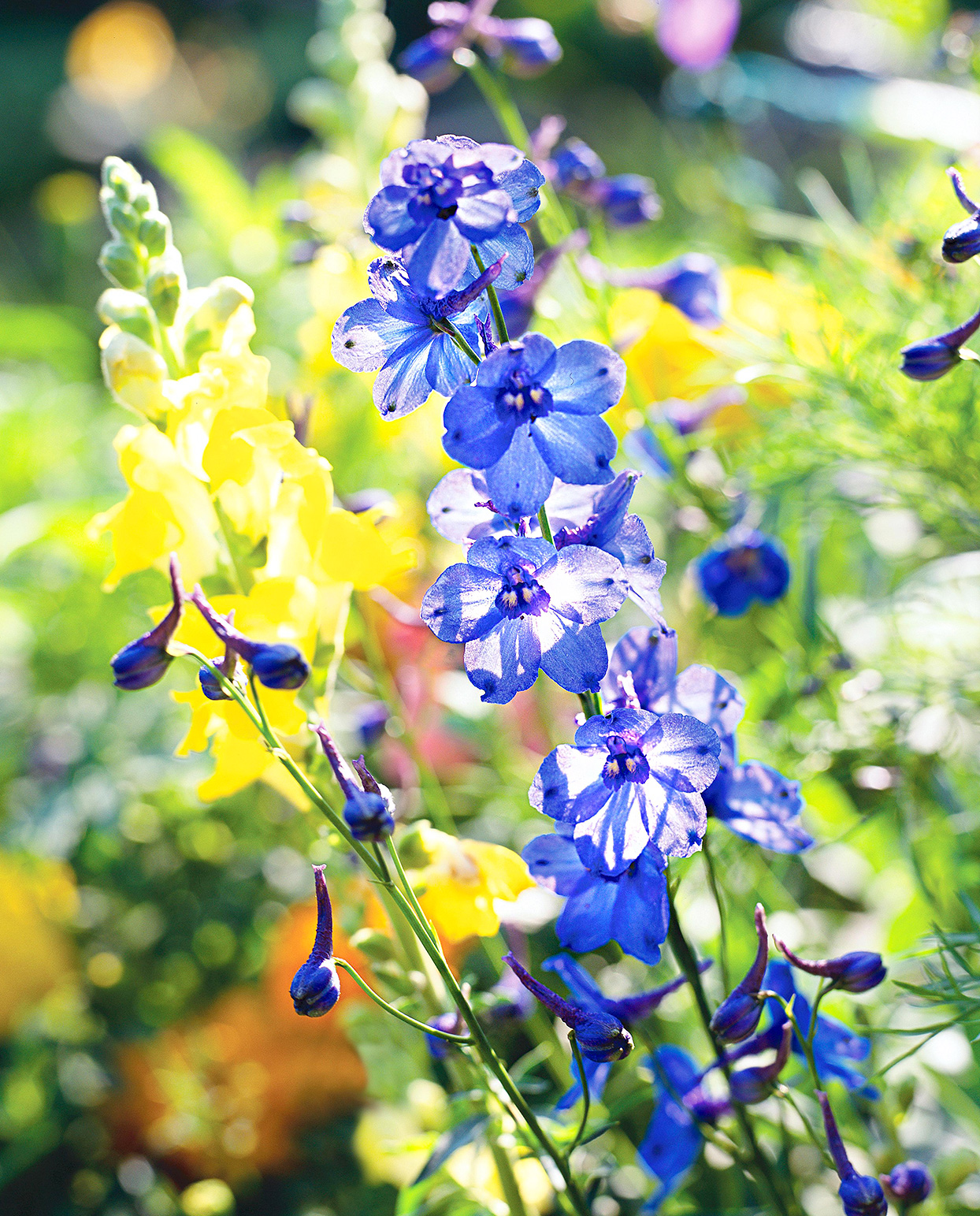
This genus Delphinium species can cause muscle tremors, respiratory paralysis, heart failure, and death in cats and dogs.
7. Foxglove
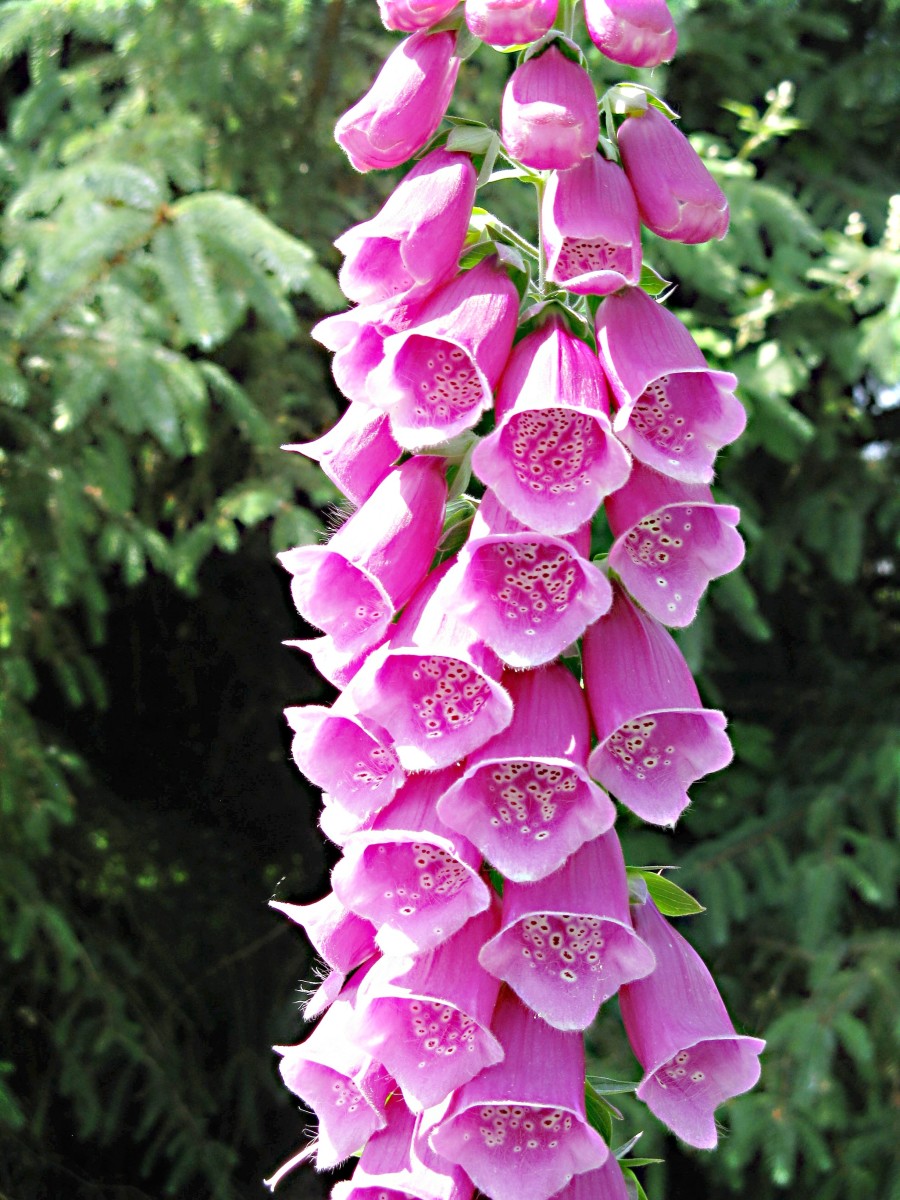
Although its extracts are used in pharmaceuticals for patients with heart failure, the plant’s root is extremely toxic to people, cats, and dogs. Just half a gram of a dry leaf or two grams of a fresh leaf can kill humans.
8. Autumn Crocus
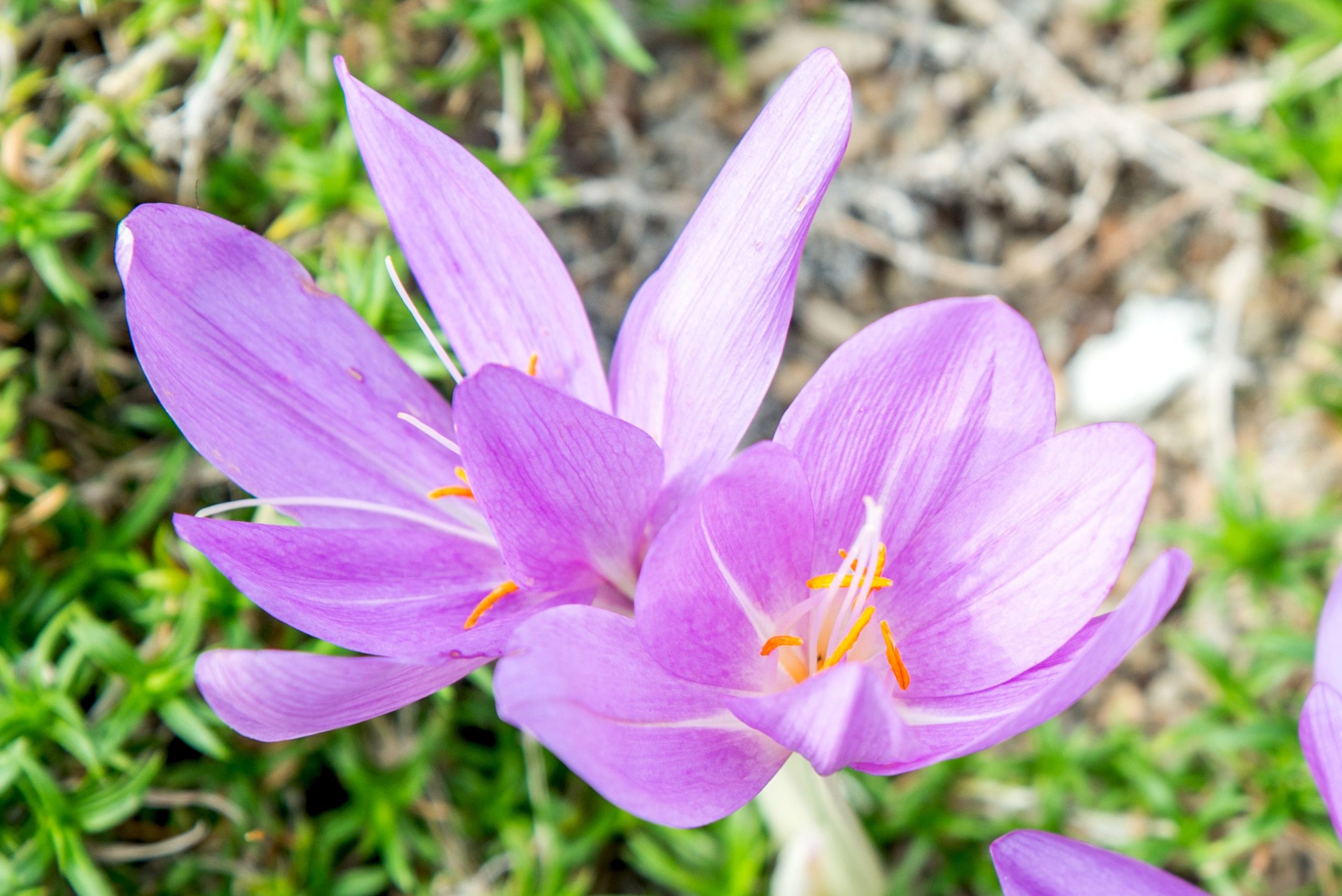
Also called “naked woman” or “wild saffron.” Saffron contains a toxin that causes symptoms that resemble arsenic poisoning, causing bloody death from vomiting, bone marrow suppression, damage to multiple organs.
9. Sago Palm
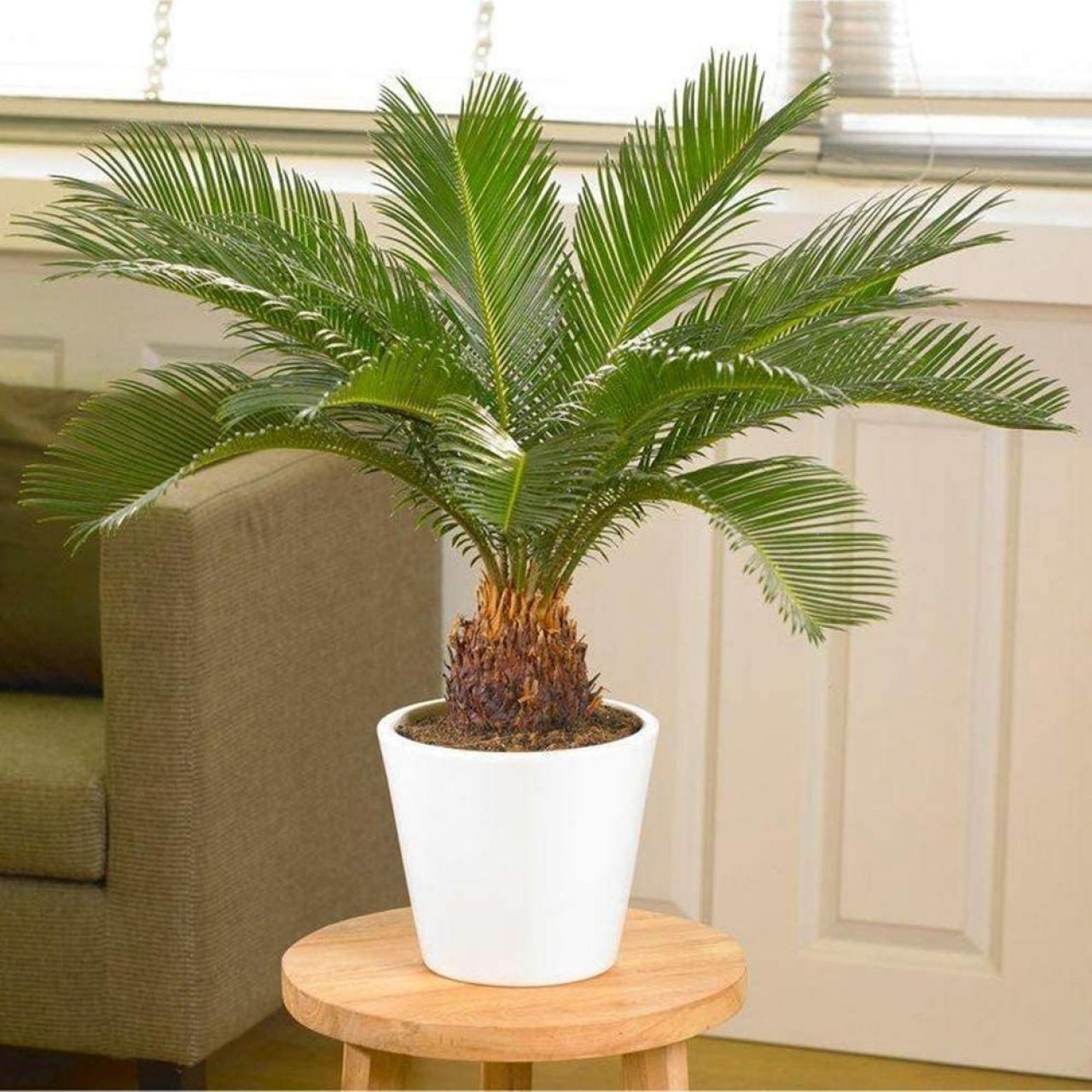
A common ornamental tree in tropical climates. According to the American Society for the Prevention of Cruelty to Animals (ASPCA), the Sago Palm has a mortality rate of between 50 and 75% when ingested for the Prevention of Cruelty to Animals (ASPCA). Symptoms include black tarry stools, bruising, and liver failure.
10. False Acacia
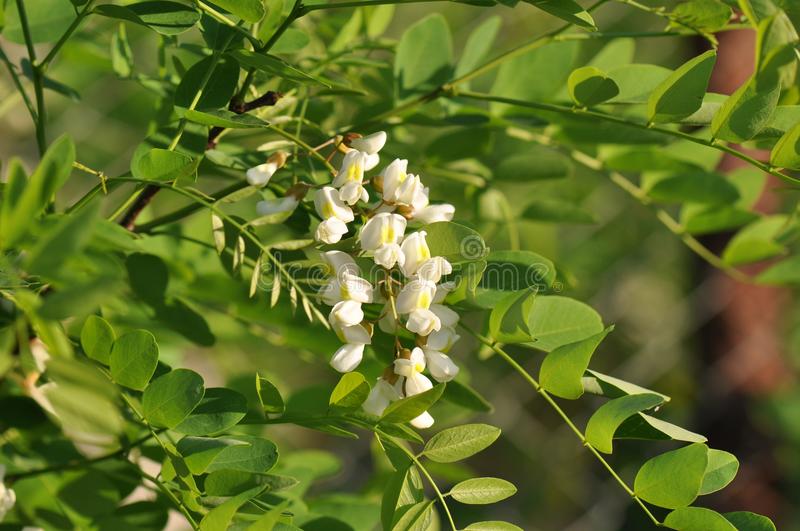
The entire black locust plant is harmful, but the bark and shoots are the most toxic. It is estimated that 10% of the outbreaks that have been exposed have caused death. Symptoms include nausea, depression, weakness, and kidney failure.
11. Yew
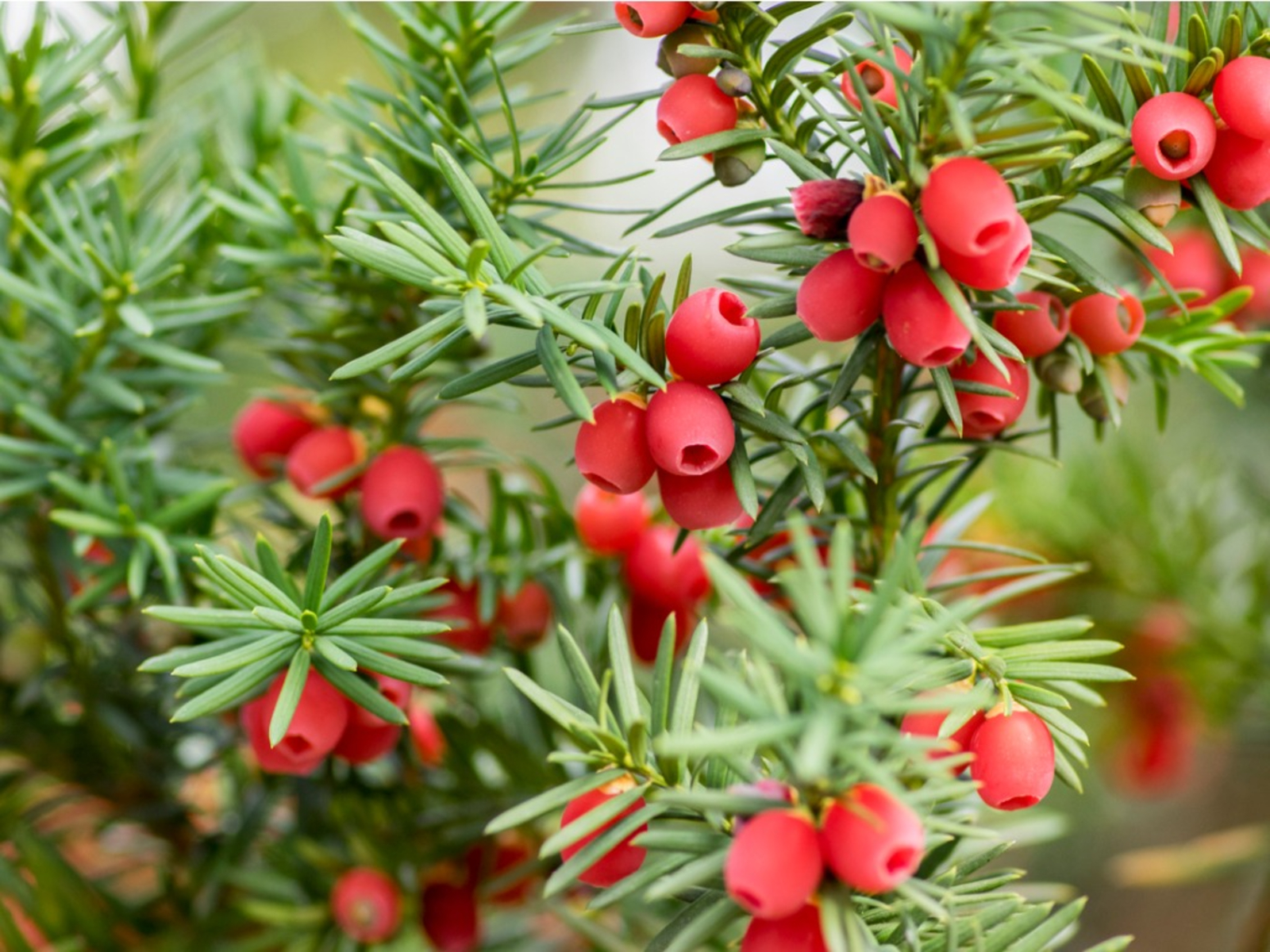
Never play with a yew branch with your dog. A small twig in your mouth is a deadly dose. Worse, symptoms are detected when it is too late.






